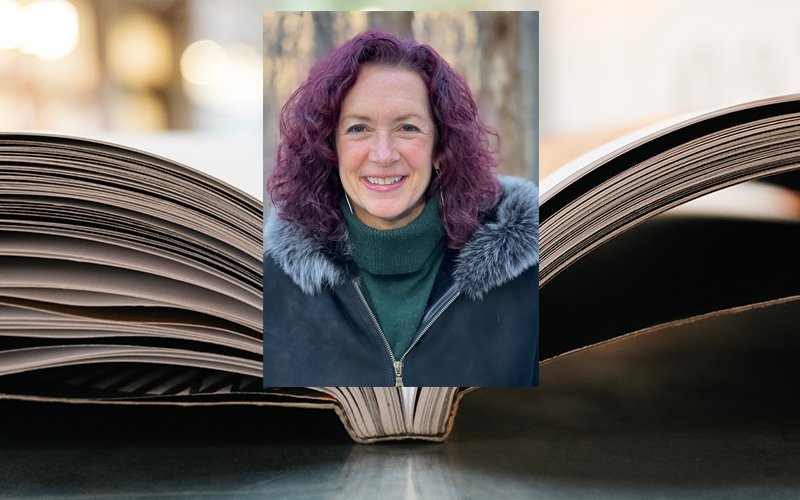Last year, Fayston-based hypnotherapist Lisa Schermerhorn published a text, In He self-published “Every Belief is a Lie.”
Common limiting beliefs, she says, include “I’m not good enough” or “I’m not loved.” She explained how humans fall into a state of fear and constant stress, which often manifests as symptoms at the physical level. As for where they come from, Schermerhorn said, “We are all programmed by our families, religious institutions, schooling, media formats, and other cultural aspects.”
“We buy into these beliefs and basically override our own intuition,” she said.
Schermerhorn grew up in New Jersey. During her childhood, she had problems with her learning, and she often got lost in school and enrolled in summer school to try to catch up. Her problem was never diagnosed, and the anxiety that formed around her haunted her into her adulthood. When she was 38 years old and living in Duxbury, Massachusetts, she was in a critical situation. “I didn’t want to be here anymore,” she said.
She began receiving psychotherapy three times a week, but in desperation, at the recommendation of a friend, she began working with a hypnotherapist. She said of her hypnotherapy: I experienced a huge change when I saw how quickly the practitioner was able to get to the root cause of my problems. ”
“I wanted to know exactly what she was doing,” Schermerhorn said. From there, she became deeply interested in the role the unconscious mind plays in therapeutic settings.
That was 23 years ago. She continued to study with practitioners throughout Massachusetts, and she became a certified hypnotherapist, after which she received training in neurolinguistic programming (NLP) and various forms of energy medicine. She traveled to Italy, Peru, and Costa Rica to learn about indigenous traditions. “A lot of what we call ‘cutting edge technology’ in treatment is actually taken from Indigenous cultures and repackaged,” she says.
Mr. Schermerhorn moved to Fayston in 2001 and began accepting clients. She described her job as helping people get clear about limiting beliefs and other obstacles and release them to move closer to her goals and overall potential. .
Much of her work, she said, involves encouraging clients to fall into a highly relaxed state, a state in which alpha brain waves predominate on a neurological level and can be considered a trance-like state. “It gets the ego out of the way and allows people to access some of the emotionally powerful content that is not available to the conscious mind,” she explained.
“We don’t need you to relive something troubling, but we just want to access the emotions that come with it and we want to release them,” she said.
“People often don’t understand hypnosis,” she says. “They think that means I have the potential to control them. However, I am only asking questions during the session, which you will answer internally yourself. The unconscious mind has the answer to almost everything and can get to the root cause of the problem.
Schermerhorn elaborated, “I have nothing against methods like cognitive behavioral therapy, but there are some things that awareness alone can’t get you there.” She acknowledged that subsequent psychotherapy could be helpful in terms of understanding how to integrate the knowledge gained from hypnosis.
“When you identify your blockages and release them, your perspective on reality changes and you actually start attracting what you want,” she added. “Our energy is very powerful.”


